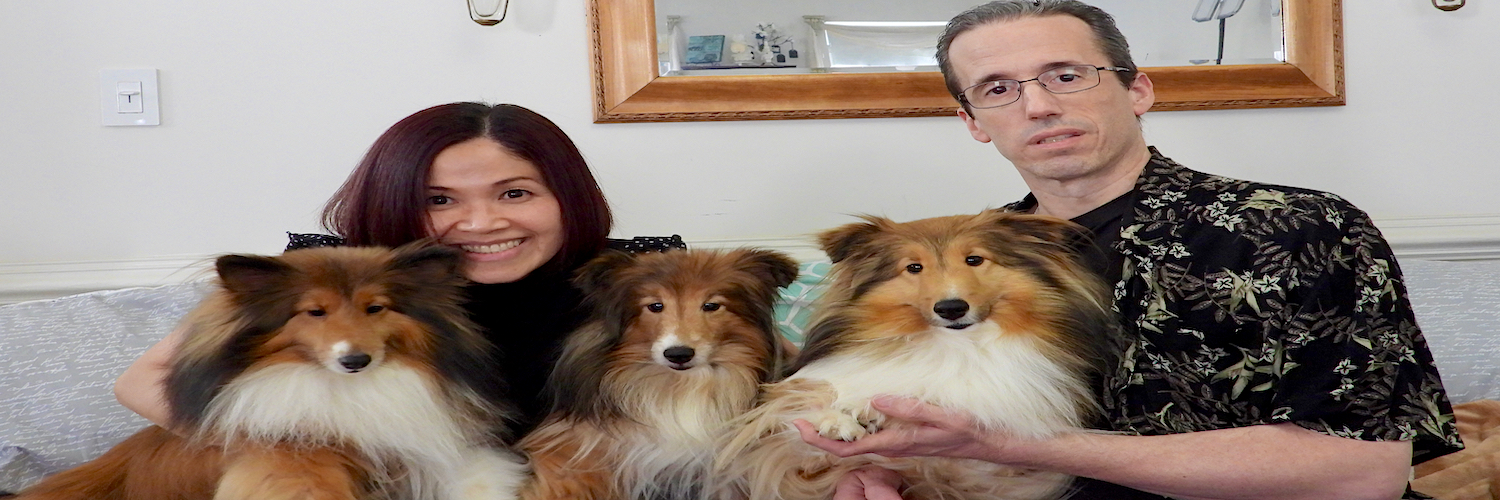
Over the past few years, a number of friends have left Facebook due to Facebook’s sordid history with privacy controls, tracking, political scandals (Cambridge Analytica), and corporate ethics. Even in my own history, I’ve deleted my account and returned several times out of frustration with Facebook’s ethos versus maintaining contact with the people I’ve met and no good alternatives as social media sites.
Stephen King is now the latest celebrity to leave Facebook after Mark Hamill, Cher, Will Ferrell, Jim Carey, Steve Wozniak, and Sasha Baron Cohen.
Ultimately, Mark Zuckerberg, Peter Thiel, Rob Leathern, and the management team at Facebook believe that anyone should be able to say anything they want, that all content is OK regardless of its veracity, and that it is up to the public to debate or decide what they accept as real. In an age of paid disinformation, “deep fakes”, troll farms, targeted ads based on cognitive biases, is it really “Freedom of Information” to prevent the sharing and discussion of information that is demonstrably untrue?
From Daily Wire’s Stephen King Quits Facebook (colored emphasis mine):
“I’m quitting Facebook. Not comfortable with the flood of false information that’s allowed in its political advertising, nor am I confident in its ability to protect its users’ privacy. Follow me (and Molly, aka The Thing of Evil) on Twitter, if you like,” King wrote to his 5.6 million followers.
King, the author of “The Shining” and numerous other horror novels, was reacting to Facebook’s refusal to ban paid political ads. Facebook has also refused to fact-check political ads, which has also prompted others to leave the site.
Explaining its decision, Facebook wrote that “in the absence of regulation, Facebook and other companies are left to design their own policies. We have based ours on the principle that people should be able to hear from those who wish to lead them, warts and all, and that what they say should be scrutinized and debated in public.”
On the same day that King announced he was quitting Facebook, founder and CEO Mark Zuckerberg spoke at at the Silicon Slopes Tech Summit in Utah, vowing to support free speech. “Increasingly we’re getting called to censor a lot of different kinds of content that makes me really uncomfortable,” Zuckerberg said.
King follows another Hollywood icon, actor Mark Hamill, in leaving the social media giant. In January, he announced that he was quitting Facebook, also criticizing the company’s policy on political ads.
“So disappointed that #MarkZuckerberg values profit more than truthfulness that I’ve decided to delete my @Facebook account. I know this is a big ‘Who Cares?’ for the world at large, but I’ll sleep better at night,” he wrote — on Twitter. He hashtagged the post “#PatriotismOverProfits.
In his tweet, Hamill linked a New York Times story about Facebook’s decision. Rob Leathern, Facebook’s director of product management, defended Facebook’s decision to accept all political ads, telling The Times, “Ultimately, we don’t think decisions about political ads should be made by private companies.”
“In the absence of regulation, Facebook and other companies are left to design their own policies. We have based ours on the principle that people should be able to hear from those who wish to lead them, warts and all, and that what they say should be scrutinized and debated in public,” Leathern said.
With Stephen King’s departure, will this be a clarion call to others to take verifiable content, privacy, and truth seriously? Other friends whom I respect also use Facebook less or have left as well.
I use Facebook as a means of staying in touch with friends, with others who have like-minded interests (Shetland Sheepdogs, Technology), and keeping people abreast of my own cancer while reading about events in their lives. I don’t agree with or respect Facebook’s policies towards “anything goes and anything is acceptable”, but I try to filter it or ignore it.
Unfortunately, I do see a great many schisms and division between people as they accept anything that reinforces their beliefs, or rail against anything (or anyone) that goes against their beliefs. I do think the “anything goes” policy of Facebook actively encourages deliberate disinformation, hoaxes, fake news, deep fakes, memes, and irrational conspiracy theories such as PizzaGate.
At what point, when do the stench and abusive behavior of Facebook outweigh its usefulness as a social media site uniting friends and allowing them to share information, to stay in touch?

Great analysis. Good to read. You are brilliant! Struggling with my own decision.